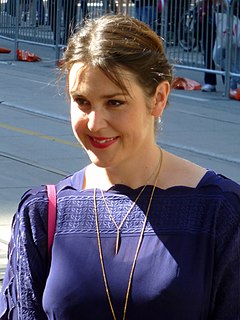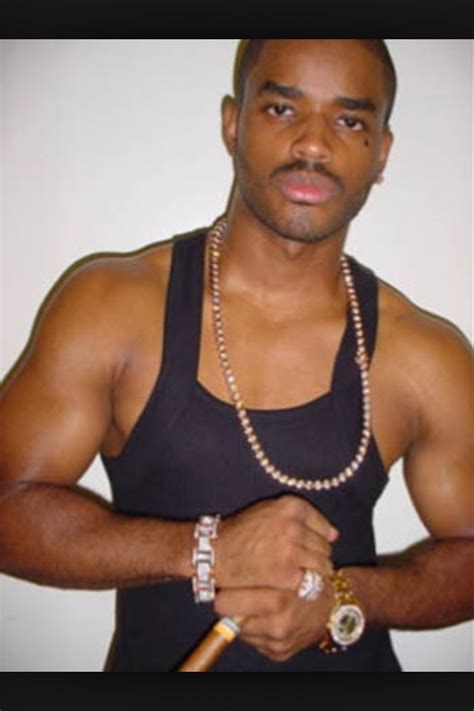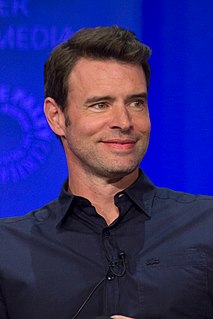A Quote by Pankaj Kapur
As an actor, I have always felt, everything is available in the script. If there is anything you feel the script lacks, you can have a discussion with the director and point out those.
Related Quotes
I felt like the script [of "I Don't Feel at Home in This World Anymore"] was so clear. It was sort of packed full of information. [Macon Blair] puts in a lot of discussion in the script. Characters are introduced very thoughtfully. The way he described walking into particular environments was very specific.
With a good script a good director can produce a masterpiece; with the same script a mediocre director can make a passable film. But with a bad script even a good director can’t possibly make a good film. For truly cinematic expression, the camera and the microphone must be able to cross both fire and water. That is what makes a real movie. The script must be something that has the power to do this.
We see only the script and not the paper on which the script is written. The paper is there, whether the script is on it or not. To those who look upon the script as real, you have to say that it is unreal - an illusion - since it rests upon the paper. The wise person looks upon both paper and script as one.
The way I pick movies is, first, if the script is any good. Then, if the script is good, who else is in it, the director, the producer, all that. If you have all that, there's a chance the movie will be great. If the script isn't right, or the director or cast isn't right, you've got no shot in hell.
I've always played down the drama in my films. In my main scenes, there's never an opportunity for an actor to let go of everything he's got inside. I always try to tone down the acting, because my stories demand it, to the point where I might change a script so that an actor has no opportunity to come out well.
When you start out as an actor, you read a script thinking of it at its best. But that's not usually the case in general, and usually what you have to do is you have to read a script and think of it at its worst. You read it going, "OK, how bad could this be?" first and foremost. You cannot make a good film out of a bad script. You can make a bad film out of a good script, but you can't make a good film out of a bad script.
I always loved movies, but I never thought I would presume to be a screenwriter and definitely not a director. I spent a lot of time for no money trying to teach myself how to write a script. It always felt like everybody was looking the other way and sneaking that script through the system, but it did well later on video and got another chance.
Any good movie or script usually, if they're doing their job, gives the highest platform possible for an actor to leap off of, and that script was very high up there. It was a very smart, tight script. There was a lot of improv, as well, once we got to the set, but a lot of the original script was also in there.
When you try to be true to the script, changes occur. A script is there to show us a certain direction. But when you actually have the actors in and you start shooting the movie, you have the actor say a line and it doesn't sound right so you change it and make it different. It's the script that gives birth to these changes and the more you try to stay true to the script, the more that happens.
It's not about the script: it's about who the director is and who the other people in the cast are. Because you can look at a great script and execute it in a very sophomoric way, and you can look at an OK script, and you can execute it in a very sophisticated way and come out with something really good.



































